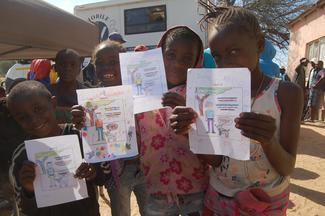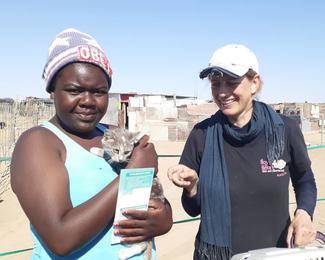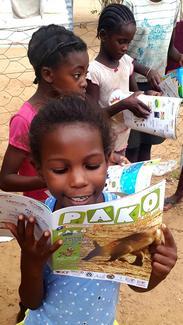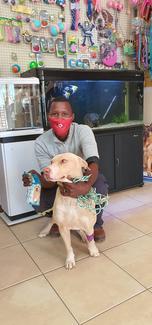
Overview:
Have-a-Heart commits to providing life-long care to all the animals we sterilise, and this includes providing yearly booster vaccinations. All dogs and cats are given a passport which includes vaccination booster due dates so owners know when to bring their animal back for the next vaccination. We also run dedicated vaccination and parasite control treatment days, which we advertised, so we can be sure animals are getting a life long protection against rabies and other diseases such as canine distemper. We also run trap-neuter-release programs with numerous feral cat colonies across Namibia. Every cat sterilised also receives a rabies vaccine. Our aim is to stop all breeding within feral colonies, so that eventually they will no longer exist. The cats we operated and release back are protected from diseases such as rabies and no longer produce endless amounts of kittens.
Our work:
Our main project is the sterilisation and vaccination of dogs and cat from low/no income communities. By working with private local and state veterinarians, Have-a-Heart is able to fund the sterilisation, vaccination and parasite control treatment of dogs and cats across Namibia. We target low/no income communities for a number of reasons:
1) People in these communities would not be able to afford veterinary services normally
2) Dogs in these communities are free-roaming; the typical tin shacks that people live within do not have fenced gardens, this means breeding of dogs and cats is usually uncontrolled and mainly unwanted. This results in populations of stray animals which of course when growing up unvaccinated have the potential to spread rabies within the domestic animal, human and wildlife communities
3) Often the low/no income communities have limited access to medical care and therefore a dog bite may not receive the proper medical treatment needed which can easily result in humans contracting rabies following a dog bite.
We also have an education program. A number of our volunteers are certified Rabies Educators with the GARC programme and run education activities with both the adults and children within the communities we work with. For example, we regularly use the 'Want a friend, be a friend' booklet and have colouring tables set up using the 'Stand like a tree' dog behaviour sheet. We also regularly write articles for the children's educational magazine Pako, which is distributed at all of our spay days, plus across many schools in Namibia. Our articles feature rabies education and other topics such as the 5 freedoms of animal welfare and why vaccinations for dogs and cats are important.
Impact:
We are massively proud to say that since starting in 2013, we have sterilised and vaccinated 10,313 and even during the Covid-19 pandemic we have sterilised and vaccinated 1,282 animals this year. This is an
amazing achievement especially considering the travel restrictions and social distancing rules meant many of our spay days had to be postponed.
Our projects are having a vast impact. From starting seven years ago within community members not really interested or knowledgeable about our services, to now having many more animals brought to our spay days than we can operate in a single day. Our spay days also turn into a big event in the community; we always have lots of children stopping by, and even spending the whole day with us. This gives us ample opportunity to educate these children, get them involved with educational activities and send them home with educational booklets.
(content modified from nomination information)



